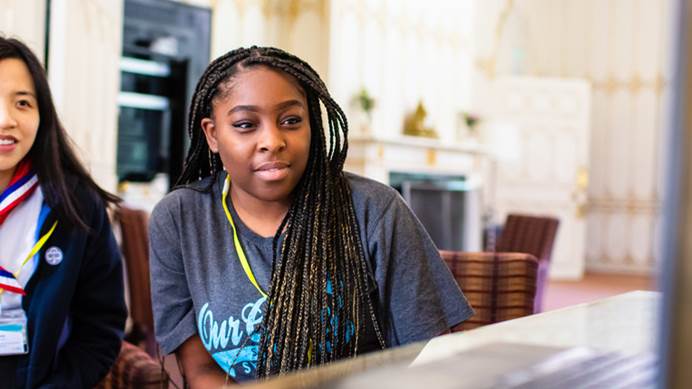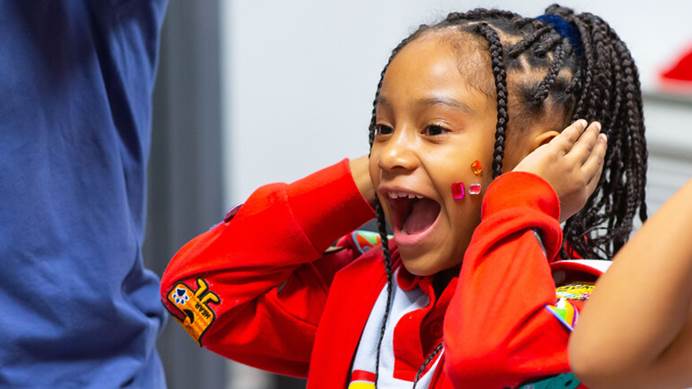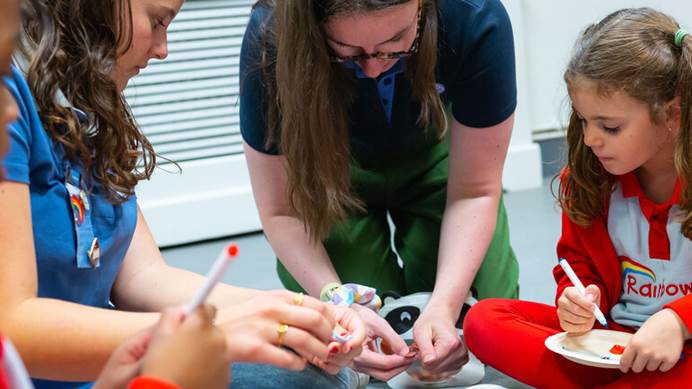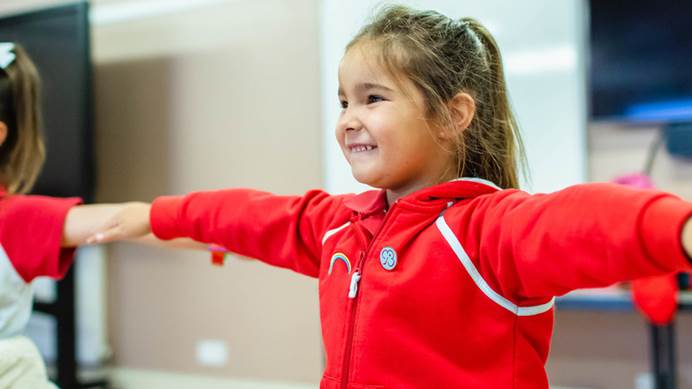Donation acceptance procedure
What you need to do when accepting or refusing donations
Approved: December 2023
Find out what changed and why in the most recent updates to this procedure.
This procedure explains what you need to do to follow our donation acceptance policy.
Whether you’re a unit leader or a commissioner, you might need to handle donations as part of your role. Donations can be big or small, and what you need to do and think about will vary.
Most donations, especially at unit level, will be small amounts of money or gifted items which you can accept without doing checks on the donor. But it’s still important you’re familiar with this procedure so that you can spot anything out of the ordinary or suspicious.
For larger donations, like property, large amounts of money, or gifts left in wills you might need more advice and support. Get in touch with our HQ fundraising team by emailing [email protected].
In this procedure, you’ll find the following information:
Keeping records of donations
If you receive donations of money, you'll need to record this in your unit or level's accounts. If you plan to claim Gift Aid on the donation, you'll also need to keep a record of the donor's name and address. You may be able to claim Gift Aid on small cash donations of less than £30 without a Gift Aid declaration from the donor.
For small donated gifts, like stationary, you probably won't need to keep any records, but substantial gifts should be recorded in meeting minutes. At unit level you probably won't have meeting minutes, so make sure the gift is recorded in district or division meeting minutes.
You also need to keep a record of any checks you carry out on donors. This’ll help protect you if anything goes wrong. This information could be included in meeting minutes, or as part of your level’s accounting records. Just make sure it’s easy to find, and for other people to understand.
Know your donor
It’s important you know where your donations are coming from. By carrying out checks on donors you can be confident when accepting their donations.
We don’t expect you to carry out comprehensive checks on each donor and donation. Small and regular donations are unlikely to be an issue, but you’ll need to carry out checks on any donations which are unusual in their amount, type or circumstances. What counts as unusual will vary by unit and level so you’ll need to use your own judgement. If you’re not sure, get in touch with your local commissioner or our HQ fundraising team for advice.
By carrying out checks you’ll be able to:
- Assess the risks of accepting the donation
- Make sure it’s appropriate to accept from that donor
- Be confident the donation isn’t from an illegal or inappropriate source
- Determine that any conditions attached are appropriate
Major donors may be interested in developing a partnership. Follow our partnership screening policy to make sure this is appropriate and in your best interests.
The 5 key steps to consider
Know who they are
The donor might be someone you know personally, like a parent or carer, a neighbour or a friend, or they might be someone you don’t have any connection with. You might also get donations from businesses, like free or discounted use of their services, or from other charities.
You can accept donations from anonymous donors, but look out for anything which makes you suspicious or uncomfortable.
Check they’re who they say they are
There’s lots of ways you can check this. You could speak to other people who know the donor, or search their name online.
If your donor is a registered charity you may be able to find them in the charity register. There are different registers for charities in Scotland and for charities in Northern Ireland. Not all charities have to be registered, so not being able to find a charity on the register doesn’t necessarily mean there’s anything to be concerned about.
If your donor is a business, you can search for them on Companies House. You’ll be able to check the names of company directors, and make sure the business is still operating. Not all businesses need to be registered with Companies House, so if you can’t find your donor that’s not necessarily something to be concerned about.
If the donation is left in someone’s will, a specialist solicitor will normally handle this. You can check the Solicitors Register for the individual or firm. There’s a different register for solicitors in Scotland and in Northern Ireland.
Know their business, and that it’s appropriate for Girlguiding to be linked to them
You can do this by researching the donor online to check they haven’t been involved in anything illegal or had any serious allegations made against them.
If they’re a business or charity, you could have a look on their website to see whether their values are similar to ours.
Think about how volunteers, girls and parents or carers might react if they knew you had accepted a donation from them.
Know why they’re donating to you
A lot of donors, especially at unit level, will have a direct connection to guiding. Others might donate because they support our values and purpose.
Some donors will be interested in donating for a specific cause, like supporting girls to travel internationally or to fix a problem at your meeting place. If this is the case, it’s important to be open and transparent about how their donation will be used. You should agree in advance what will happen with any leftover funds or items. The donor might want them returned, or they might be happy for them to go towards the ongoing running of your unit or level.
If the donation is large or just not suitable for your unit, you could suggest to the donor that they donate to the district, division or county instead. If the donation is from a will, this can be a bit more tricky, so get in touch with our HQ fundraising team for advice.
Watch out for anything unusual or suspicious
We don’t expect you to know if a donation is from an illegal or inappropriate source. But if anything makes you uncomfortable or seems unusual, you should get in touch with our HQ fundraising team for advice.
4 key things you should watch out for are:
- Unusually large donations, especially if you don’t know enough about the donor. What seems unusual to one unit or level might be normal for another, so you’ll need to use your own judgement.
- Conditions which aren’t reasonable or compatible with Girlguiding, or that undermine your independence from the donor. For example, if a parent or carer offered to make a large donation or gift an expensive item in return for their daughter being moved to the top of the waiting list.
- Complicated banking arrangements. Having to transfer money between multiple accounts may be a sign that the donor’s funds are from an inappropriate or illegal source.
- Unusual behaviour, like saying the donation needs to be made urgently but without giving you a reason why.
Refusing donations
Donations can only be refused in exceptional circumstances when:
- It would be unlawful to accept the donation. For example, if the donation is a stolen item.
- Accepting the donation would harm your unit or level’s ability to operate, and the risks of accepting the donation outweigh the benefits. If a donor’s values don’t align with Girlguiding’s, this alone isn’t enough of a reason to refuse their donation. But if accepting their donation might mean you’ll lose the same amount or more from other donors, or that you’ll lose volunteers and members, then refusing the donation may be the right decision.
If you decide to refuse a donation, you must keep a record of this decision and your reasoning.
For advice on refusing a donation, speak to your local commissioner or get in touch with our HQ fundraising team. In some circumstances, the charity regulator in your country may need to agree before you can refuse the donation. Our HQ fundraising team can support you to contact them.
It may also be appropriate to refuse a donation if you believe the donor lacks the capacity to make this decision. This is a tricky area, and our fundraising team is here to help. If you do need to refuse a donation from someone, try to find the kindest way to do this. Show your appreciation for their gesture. You could suggest other ways that they can show their support.
If you have any safeguarding concerns about a volunteer or young member, follow our safeguarding procedure and get in touch with our HQ safeguarding team.
Returning donations
The most common reason for returning a donation is if you’ve raised either too much or too little money for a specific purpose, like an international trip, or if a gifted item is no longer needed. The best way to handle this situation is to make sure both you and the donor are clear from the start about whether funds or items will be returned or used in another way.
If you didn’t have an agreement in place when the donation was made, an open and honest conversation is the best way forward. Explain how you would like to use their donation, but also respect their decision if they would like it returned. Maintaining a positive relationship with the donor means they might be willing to donate again in future.
In complex or difficult situations, the charity regulator for your country may need to be involved in the returning of donations. Get in touch with our HQ fundraising team if you think this may be the case.







